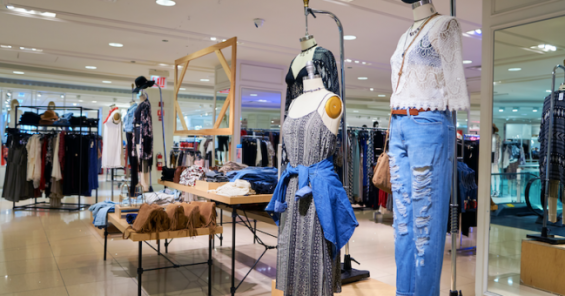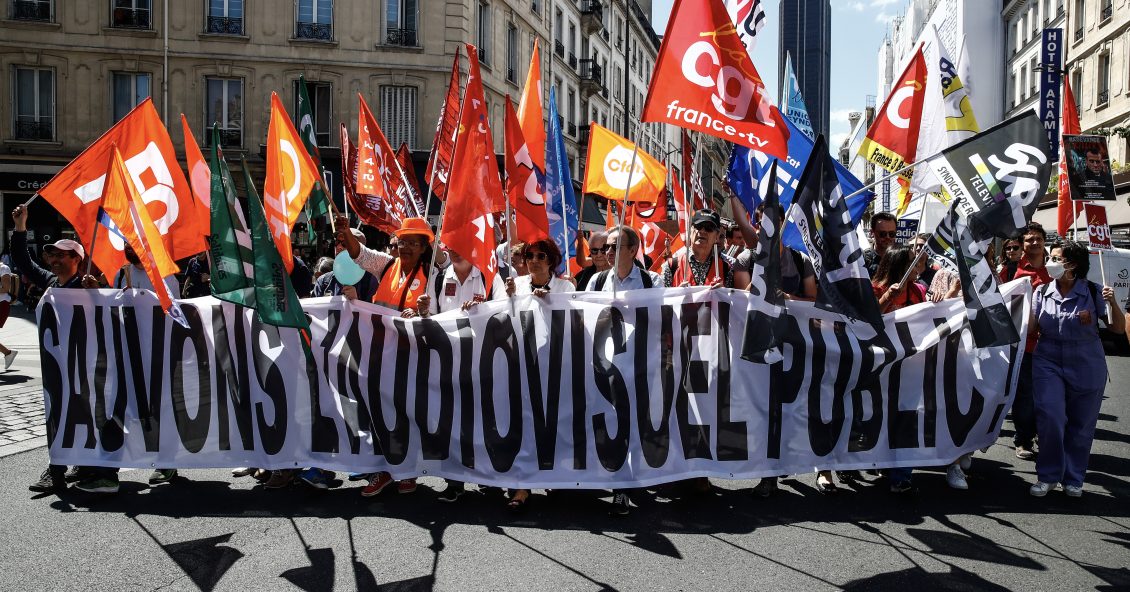Fashion retailers are being urged by unions to take responsibility for their workers during the coronavirus pandemic by guaranteeing employees a full income and committing to protect their jobs until the recovery.
As stores selling non-essential services, including clothes retailers, are progressively shutting their doors in all countries and regions of the world, UNI Global Union is working closely with its affiliates to make sure their demands are addressed to global fashion companies.
“We are seeing some governments allocating wage subsidies but also many countries where the labour legislation and the lack of effective welfare system have put many retail workers in an extremely uncertain situation when it comes to their minimum income to survive,” said Mathias Bolton, Head of UNI Commerce.
“However, even where countries approve special funds, we expect global brands not to put the burden entirely on the state. Many well-known fast fashion companies have seen a significant increase in their sales and profits before the crisis and can afford paying their employees for the time that stores will be closed,” he added.
In Germany, ver.di has negotiated with Primark, H&M and Zara to increase the wage subsidies of furloughed employees to 90 and 100 per cent.
However, not all retailers have been so forthcoming and the German Retail association has refused enter into a nationwide agreement to top up state wage subsidies of 60 per cent to 90 per cent for all employees concerned, despite the government investing billions in the retail sector to absorb the impact of Covid-19.
“To put yourself under the umbrella of the state and to leave your employees standing in the rain is not a responsible way of dealing with the crisis,” said ver.di federal board member Stefanie Nutzenberger. “What we need is a unified solution for the entire industry. The crisis will not be over in a few weeks. That is why sustainable collective bargaining solutions are also in the economic interest of retail companies.”
In Ireland, an estimated half of all retail workers have been furloughed. Following union demands, the government has increased its Covid-19 unemployment benefit from 203 euros a week to 350 euros, and employers are being asked to top up this amount where they can. Primark is paying all employees their contracted hours up to the end of March, says Irish trade union Mandate.
Up to 30,000 retail workers are believed to have lost their jobs last week in Australia. While the government initially refused to implement a wage subsidy scheme, lobbying by Australian retail workers union, SDA, in collaboration with the Australian Retail Association, has led the government to change its position and it is now preparing wage support for the tens of thousands of retail employees who have or are at risk of being stood down.
In Argentina, demonstrations and pickets by commerce and services employees’ union, FAECYS, forced the Argentine Chamber of Shopping Centers reverse its decision to keep large shopping centres open. The union took the action over concerns for worker safety and to avoid the congregation of large numbers of people during the pandemic. Now the government will also help retailers that have been forced to close as a result of COVID-19.
Some brands UNI Commerce have been talking to said they are doing their utmost to pay salaries and keep their staff in employment. However, asking employees to use their paid annual leave while they stay home is not a desirable option as it shifts the responsibility entirely onto workers.
“These exceptional circumstances cannot be an excuse for brands to not uphold collective agreements or make use of casual, precarious work. All workers, regardless of their employment status should have the same rights and protection during this time,” said Bolton.
In Italy, workers furloughed by fashion stores, are reportedly still waiting to be paid by employers who are going through the channels to access government assistance, according to Italian retail workers’ union, FILCAMS.
Some unions are also calling companies to stop paying dividends to their shareholders and use the liquidity to support and secure employment levels.
Inditex, the world’s biggest fashion company which includes brands such a Zara, Massimo Dutti and Bershka, has committed to paying the full salary of more than 40,000 employees in Spain without recurring to the government’s unemployment funds.
The company has also made all its logistical, supply and commercial management capacity, available to the authorities to meet the emergency needs, both for medical and textile materials, which are currently in desperate need. In addition, the retail giant has suspended its dividend payment and will allocate 287 million euros for the impact of Covid-19 to the group’s accounts.
“It’s great to see some positive examples of fashion brands which are working with unions to protect workers in these perilous times. But we also note that some brands must do more. There will be long lasting damage to the economy as a result of this pandemic and collective bargaining and social dialogue will be instrumental as we pass through the crisis and into recovery. We are ready to work together during this tough journey,” said UNI General Secretary, Christy Hoffman.


